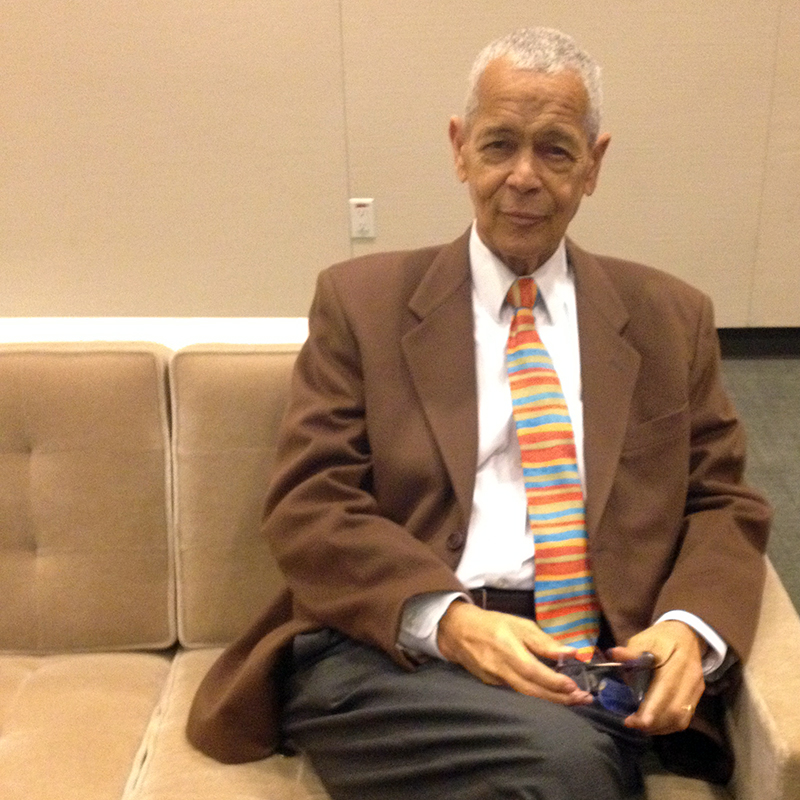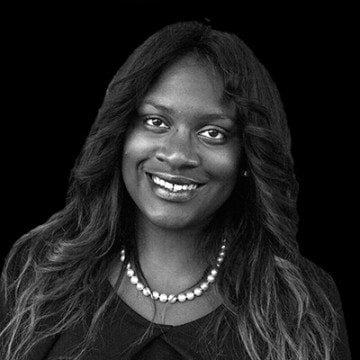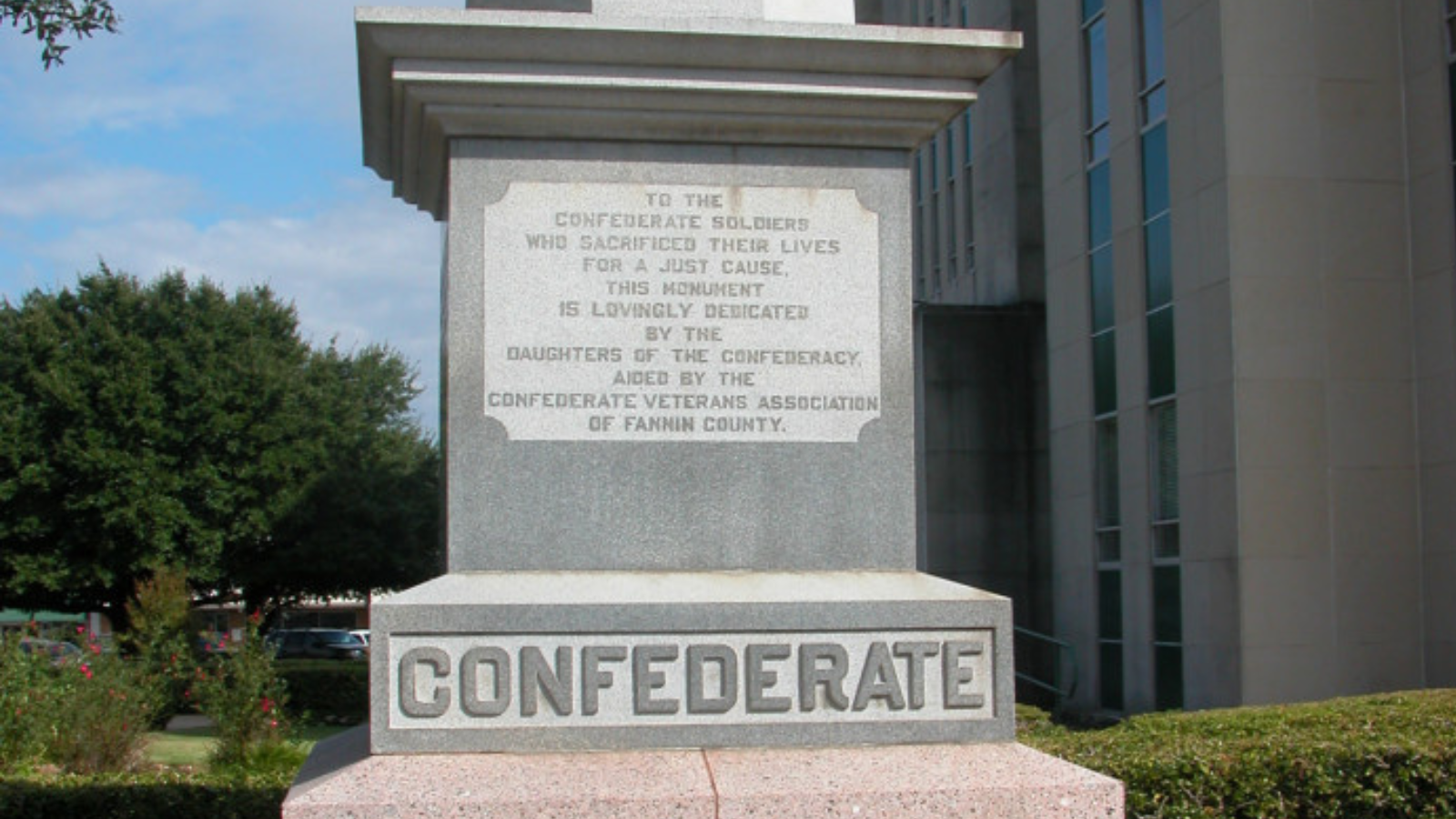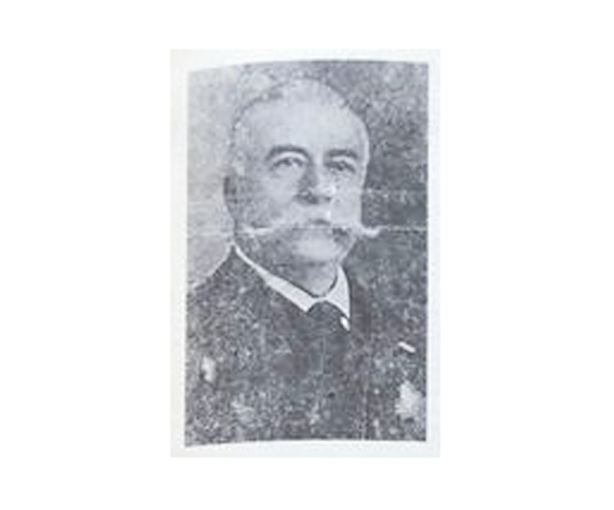
Julian Bond at LBJ School: ‘Jim Crow May be Dead, but Racism is Alive and Well’

Above: Julian Bond at the LBJ School in Austin
Julian Bond, one of the icons of the civil rights movement, gave the keynote address at the 2015 Barbara Jordan Forum yesterday at the Lyndon B. Johnson School of Public Affairs in Austin, where he spoke of the triumphs and challenges of the fight for racial equality. Bond said the election of a black man as president has led some to believe we’ve achieved a post-racial society even as the accomplishments of the 1960s, including the Voting Rights Act signed by LBJ, are under unprecedented assault.
“Barack Obama’s election and reelection was testament to one man’s singular abilities, and not to racial nirvana across the land,” Bond said to a room of about 800 people. “His victory didn’t herald the post-civil rights America or mean that race had been vanquished. It couldn’t eliminate structural inequity or racist attitudes. Indeed there is evidence that it fomented them. Obama is to the tea party as the moon is to werewolves.”
Indeed, Bond said that race still dominates American society.
“The truth is Jim Crow may be dead, but racism is alive and well. That’s the central fact of life for every non-white American, including the president of the United States. It eclipses income, position and education. Race triumphs them all,” said Bond.
Bond praised the progress made by the civil rights movement and frowned on the notion that those were the “good old days,” but he said there was still much to do.
“While we struggle today with greater efforts and grander victories, we still are tested by hardships and adversity. The rich have been sitting at the banquet table, and the rest of us have been on the menu.” People of color are particularly beset by growing income inequalities. For example, the median wealth of white households is 20 times greater than that of black households, and 18 times greater than that of Hispanic households. The chance of imprisonment is 577 percent higher for black Americans than it is for white Americans, Bond said.
Founder of the Student Nonviolent Coordinating Committee and the grandson of slaves, Bond recalled his first arrest at age 20 in 1960. He’d led a group of students to a segregated cafeteria in the basement of Atlanta City Hall. When he went before a judge to make his plea, Bond hesitated and one of his lawyers whispered in his ear, “Not guilty, you fool.”
“I had the presence of mind to drop those last two words, or I wouldn’t be standing here today.”
“Obama is to the tea party as the moon is to werewolves.”
Bond said we tend to view the past in terms of dramatic events and huge personalities but that most movements are composed of ordinary people working extraordinarily hard.
“Looking back on that movement from today, we now see a very different view of the events and personalities of that period. Instead of towering figures of kings and Kennedys standing alone, we now see an army of anonymous women and men,” Bond said. “Instead of famous orations made to multitudes, we now see the planning and the work that preceded the triumphant speech. Instead of a series of well-publicized marches and protests, we now also see long organizing campaigns and brave and lonely soldiers often working in near-solitude.”


